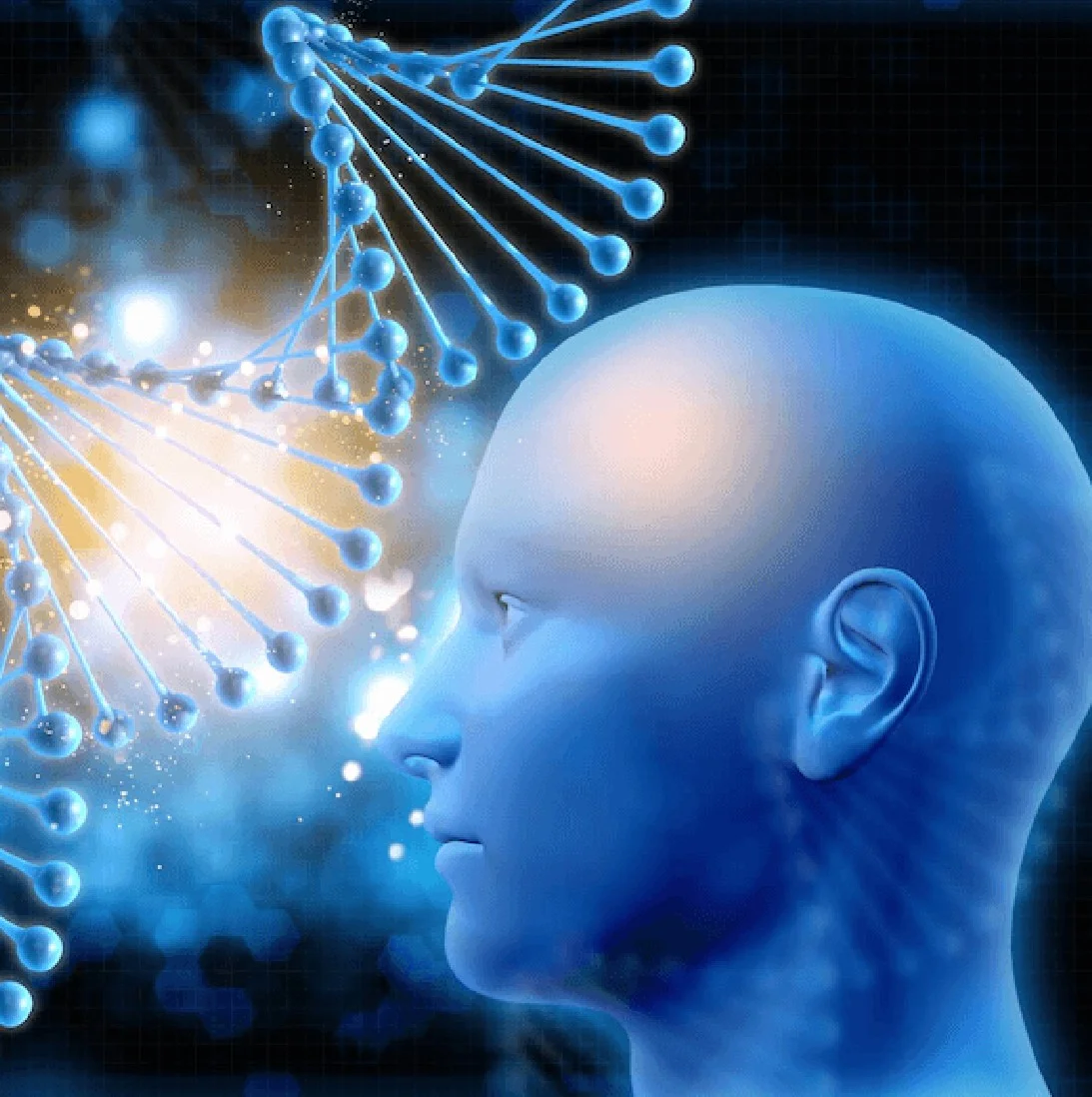
Department of Neurology
Welcome To Gangasheel Hospital
What is Diabetes?
Diabetes mellitus refers to a group of diseases that affect how the body uses blood sugar (glucose). Glucose is an important energy source for the cells that make up muscles and tissues. It is also a major fuel source for the brain.
The main causes of diabetes vary by type. However, regardless of the type of diabetes, it is possible to have too much sugar in the blood. Too much sugar in your blood can lead to serious health problems.
Chronic diabetes includes type 1 diabetes and type 2 diabetes. Potentially reversible diabetic conditions include prediabetes and gestational diabetes. Prediabetes occurs when blood sugar levels are higher than normal. However, the blood sugar level is not high enough to be called diabetes. Pre-diabetes can also lead to diabetes if preventive measures are not taken.Gestational diabetes develops during pregnancy. However, it may be cured when the baby is born.
The symptoms of diabetes depend on how high your blood sugar is. Some people, especially those with prediabetes or type 2 diabetes, may have no symptoms. In type 1 diabetes, symptoms usually develop quickly and become more severe.
- I'm thirstier than usual.
- Frequent urination.
- Effortless weight loss.
- Presence of ketones in urine. Ketones are a by-product of muscle and fat loss that occurs when not enough insulin is available.
- Fatigue and weakness.
- Irritability or other mood swings.
- Blurred eyes.
- Wounds heal slowly.
- Has many infections, including gum, skin, and vaginal infections.
To understand diabetes, it is important to understand how the body normally uses glucose.
How Insulin Works
Insulin is a hormone secreted by glands behind and under the stomach (pancreas).
- The pancreas secretes insulin into the bloodstream.
- Insulin circulates and sugar is taken up into cells.
- Insulin lowers the amount of sugar in the bloodstream.
- As blood sugar levels fall, so does pancreatic insulin secretion.
- The Role of Glucose
Glucose is the energy source for the cells that make up muscle and other tissues. - Glucose is obtained from her two main sources, food and liver.
- Sugar is absorbed into the bloodstream and enters cells with the help of insulin.
- The liver stores and produces glucose.
- When the blood sugar level is low. B. If you haven't eaten in a while, your liver breaks down stored glycogen into glucose. This keeps blood sugar levels within normal limits.
- The exact cause of most types of diabetes is unknown. In either case, sugar accumulates in the bloodstream. This is because the pancreas does not produce enough insulin.
Type 1 diabetes cannot be prevented. But making healthy lifestyle choices that help manage prediabetes, type 2 diabetes, and gestational diabetes can also help prevent them.
Eat a healthy diet. Choose foods that are low in fat and calories and high in fiber. Focus on fruits, vegetables and whole grains. Eat a variety of dishes so you don't get bored. Move more physically than. Aim for about 30 minutes of moderate cardio on most days of the week. Alternatively, aim for at least 150 minutes of moderate-intensity cardio per week.
For example, take a brisk walk every day. If you can't handle a long workout, break it up into smaller sessions throughout the day. Lose extra pounds. An overweight person can reduce her risk of diabetes by just shedding 7% of her weight.
For example, if he weighs 200 pounds (90.7 kilograms), losing 14 pounds (6.4 kilograms) may lower his risk of diabetes.
Diabetes affects the whole body. Optimal management of diabetes requires steps to control risk factors such as:-
Keep blood cholesterol (HDL and LDL levels) and triglyceride levels as close to normal as possible.
Manage blood pressure. Blood pressure should not exceed 140/90 mmHg.You hold the key to managing diabetes:
- Plan what you eat and follow a healthy eating plan. Follow the Mediterranean diet (vegetables, whole grains, beans, fruits, healthy fats, low sugar) or the DASH diet.These meals are high in nutrients and fiber and low in fat and calories. Consult a registered dietitian to understand your diet and meal plan.
- Exercise regularly. Aim for at least 30 minutes of exercise on most days of the week. Go for a walk, swim, find an activity you like.
- You have reached a healthy weight. Work with your health care team to develop a weight loss plan.
- Take medications and insulin, if prescribed, and strictly follow recommendations for when and how to take them.
Yes, Diabetes treatment is available in Bareilly at Gangasheel Hospital by the team of expert Neurologists in the city.
